According to Charles Darwin, human beings evolved by natural selection – as did all other living things, including those with whom people share common ancestors. But unlike the great apes, humans live in a universe of cities, cars, computers, music, literature and nation-states. People have culture, which emerged as the expression of a psychology that enables a community and cooperation. These make culture and its transmission possible. Psychologist Michael Tomasello has produced a work that is dense, and which, at times, addresses disputes that will most interest specialists in evolutionary psychology. But his overview will engage anyone fascinated by how humans evolved from great apes into creatures that reach higher and higher levels of knowledge, technology and culture.
“Human culture” gave rise to a new dynamic in evolution.
When Charles Darwin claimed in The Descent of Man that human beings and everything that associates with them are a product of evolution by natural selection, many people experienced shock. They had difficulty imagining how humans could go from being apes in the jungle to discovering the laws of physics, inventing engines and trains, and building vast structures.
Human beings fundamentally differ from other animals. In the course of human evolution and history, a “new evolutionary process” emerged. This involved culture that people understand as a form of social order or community, one that evolved to adapt to specific environments. People who are part of a culture orchestrate their lives in relation with one another, and ultimately establish standards. From an evolutionary standpoint, the crucial question is: How did humans develop the intellectual and social aptitudes and skills that made culture possible?
Human cognition distinguishes subjectivity and objectivity.
Humans’ direct living relatives, the great apes, also evolved intellectual and social capacities, which they directed toward...
Michael Tomasello is an American developmental and comparative psychologist and linguist. He is co-director of the Wolfgang Köhler Primate Research Center and professor of psychology at Duke University, and co-director of the Max Planck Institute for Evolutionary Anthropology in Leipzig, Germany.










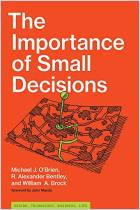
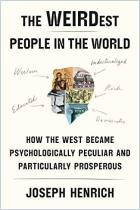
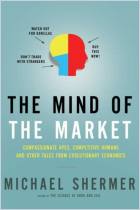

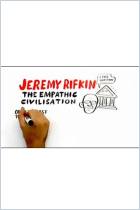
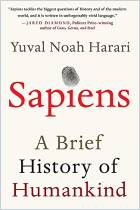

Comment on this summary or Démarrer une discussion